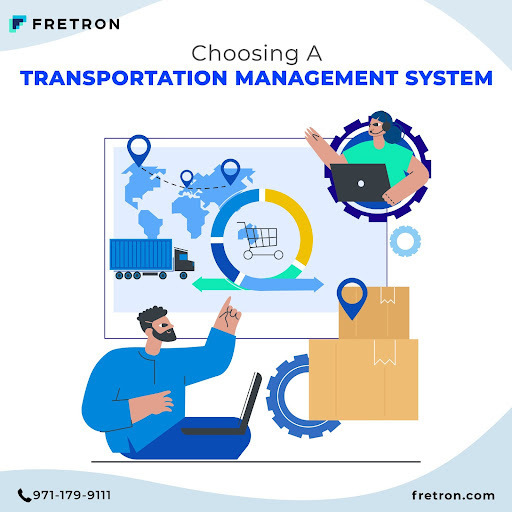Transportation Management Technology for Manufacturers
620
0
·
2023/09/27
·
3 mins read
☕
WriterShelf™ is a unique multiple pen name blogging and forum platform. Protect relationships and your privacy. Take your writing in new directions. ** Join WriterShelf**
WriterShelf™ is an open writing platform. The views, information and opinions in this article are those of the author.
Article info
Categories:
⟩
⟩
Tags:
Total: 563 words
Like
or Dislike
More from this author
More to explore










In the fast-paced world of manufacturing, efficient transportation management can make or break a company’s success. As manufacturers strive to streamline their operations and reduce costs, transportation management technology has emerged as a vital tool to achieve these goals. This article explores the significance of transportation management technology for manufacturers and how it is revolutionizing the industry.
Must Read:
The Importance of Transportation Management
Transportation management is a critical component of the supply chain for manufacturers. It involves planning, executing, and optimizing the movement of goods from production facilities to distribution centers and ultimately to customers. Efficient transportation management is essential for several reasons:
The Role of Technology
The adoption of transportation management technology has transformed the way manufacturers handle logistics. Here are some key technological advancements:
The Future of Transportation Management for Manufacturers
The evolution of transportation management technology is far from over. As we look to the future, several trends are expected to shape the industry:
In conclusion, transportation management technology is a game-changer for manufacturers. It not only reduces costs but also enhances customer satisfaction, improves inventory management, and contributes to a greener planet. As technology continues to advance, manufacturers that embrace these innovations will be well-positioned to thrive in the competitive world of modern manufacturing.